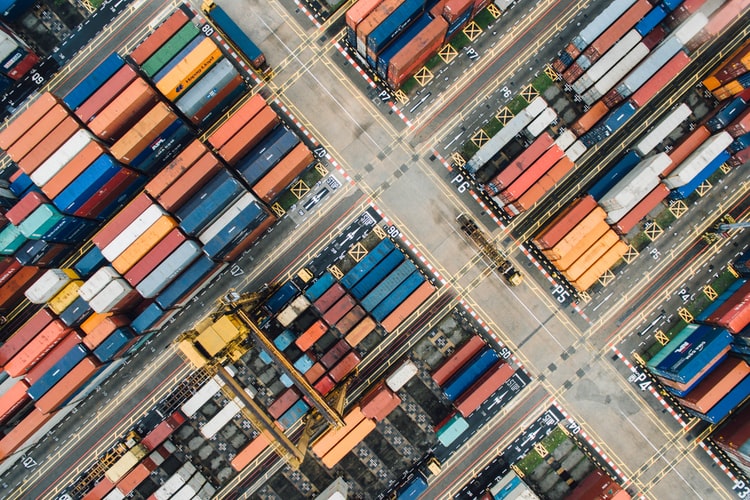In recent years, the logistics industry has witnessed massive advancement due to emerging technologies. It has a major shift towards robotic warehouses and automates processes. However, with new opportunities, the logistics market has expanded its boundaries and improved in many aspects such as last-mile delivery and introduced better tracking tools.
Undoubtedly, advanced logistics technology solutions help in both manufacture and supply chains. Different innovative solutions offer several advantages such as streamlines the international transportation processes into effective supply chain management, and easy shipment tracking. They help to decrease both errors and costs. Along with this, it also boosts productivity and workflow processes in an advanced and accurate manner.
In this blog, let’s know the impact of the technologies on the logistics industry.
How technologies are transforming the logistics industry?
Data Analysis
For logistic based enterprises to manage data and have a track on the goods have always been a challenge for the operational systems. There are several stages in which management has to track the goods and efficiently manage the data.
With advanced cloud integration service, this process has turned into more hasslefree and effortless. Cloud helps logistic companies to manage the processes effectively without any human resources. It can manage both manufacturing and supply chains.
How does the cloud help in Manufacturing Industry?
- Allows real-time monitoring
- Schedule and set the deadlines for the employees
- Offer a collaborative platform for all the users
- Employees can share real-time information.
- Manage internal and external data storage processes efficiently.
- Route Planning and Vehicle Tracking
For logistics to transfer goods from one place to another is also a major challenge and requires a lot of planning. However, with the Internet of things and different advanced solutions, this process has also turned into accurate and faster.
With wearable devices, drivers can plan their routes in prior and also select the accurate route for their destination. Since years the logistics industry was trying to sort this challenge out and online maps have also been introduced in smart devices to know the right location but it requires strong connectivity, which is not possible to get in every area.
In this case, to sort this challenge out, the Internet of Things offers several innovative solutions, through which users can leverage other functionalities also. In their journey, they can also know the shortest route with particular kilometers. There are several other functionalities also, which turned the transportation process easier, faster, and reduced the risks of the lives.
The Internet of things also allows customers and authorities to track the real-time location of the vehicles. However, it helps to increase transparency and improve communication.
According to Economic Times,” “In the last few years, we’ve adopted technology to enable tracking of shipments, dynamic route management, integrating wallets for cash-on-delivery and other areas,” said Ketan Kulkarni, head of business development and CMO, Blue Dart.
The automatic system sorts all packages and creates the most effective route schedule, freeing up 45 minutes per person every day, leaving them with more time to be out on the field.
Digital Backups
Data plays an important role and for flawless experiences, enterprises have to manage them in an effective way. However, in any case, the loss of data can lead to major challenges for the operation department. Digital Backups plays an important role in the logistic companies and now several digital sensors are also introduced to streamline the processes. It offers an opportunity to store back up in a secure way.
However, if operational heads don’t have to face downtime then they should synchronize their assets including digital codes with smart cloud solutions. It helps to optimize the digital codes with regular backups. This helps to track your sensors and easily you can have access to your data in a few minutes.
It allows you to introduce a seamless workflow and reduces the chances of network failure. This process leads to boost productivity and revenue.
Conclusion
Technologies are not only playing a crucial role in the logistics industry but it has shown its high impact on several sectors. It helps to increase overall performance and boost productivity worldwide. Undoubtedly, the process has turned into faster and more efficient than ever before. It also helps decrease the risks of management and human lives.
